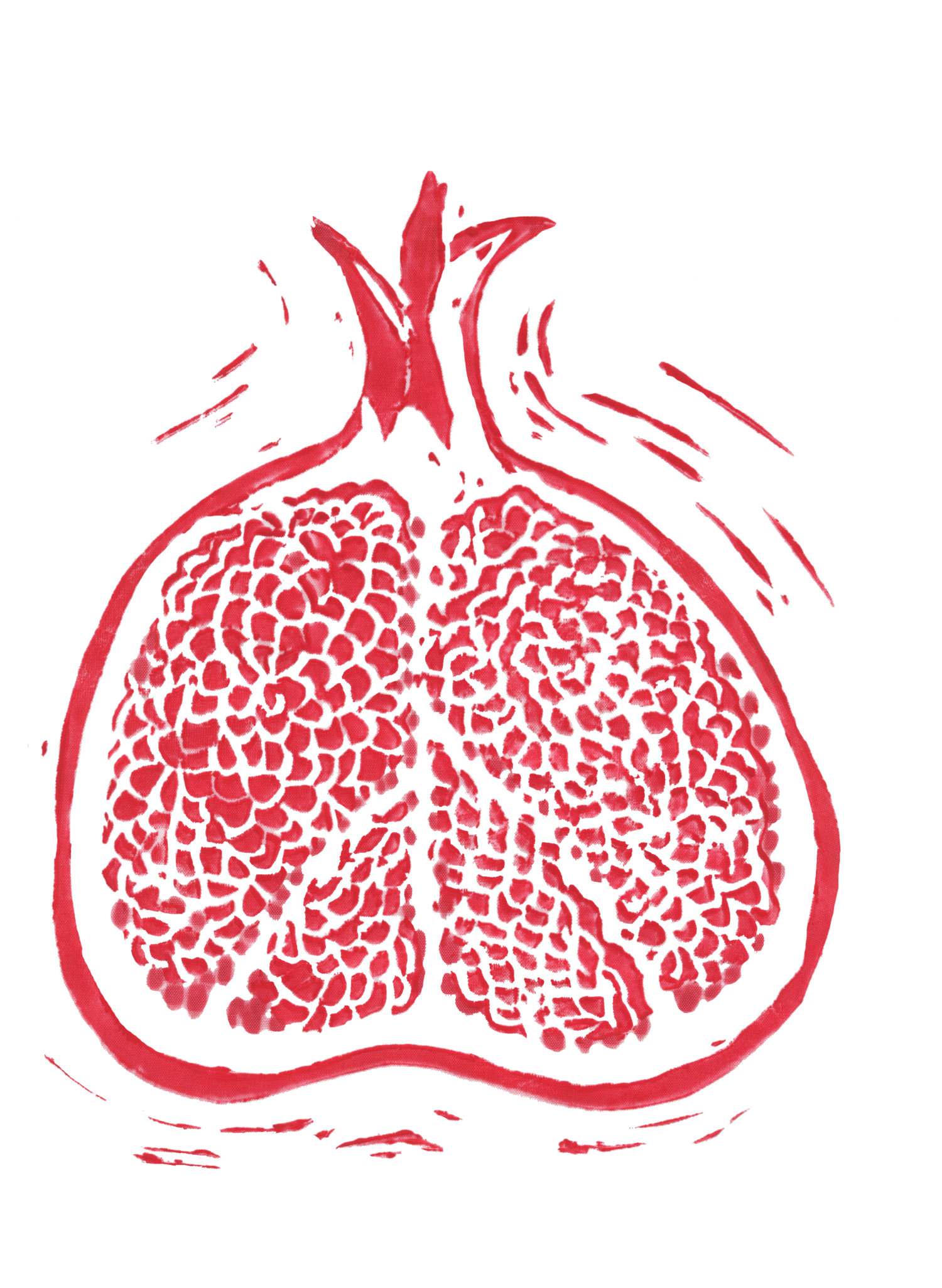Night
Ecology
Sharon’s Workshop
September 8, 2019
Rouge National Park, Toronto, ON
"Sharon’s workshop was imbued with wonder and mystery. It felt to me like a shared initiation into the magic of darkness and of storytelling." –Rochelle
There are but a handful of places in Toronto where it’s permissible to light a fire.
Fire, our companion in darkness throughout most of human history, by whose dancing light our thoughts were shaped and our tongues learned to share storied speech, has become as outlawed as the night itself.
On a warm summer’s eve, we gathered at the city’s edge to explore what nighttime has meant in centuries past, what nighttime means to us today, and what possibilities it holds in the future. The workshop was an orientation to this most fundamental part of our lives—as much under siege today as the lands, air, and water.
What are the consequences of electrification and 24/7 productivity? Research on darkness and circadian rhythms is only starting to reveal the profound effects of light pollution and sleep deprivation on a planetary scale.
Yet Night is a vast territory, more than a biological function. Myriad rituals, customs and practices have their roots in what begins when the sun sets: storytelling, sexual intimacy, prayer and contemplation, and honouring the Dead.
Relaxing by the firelight, we listened as our guest, James Nowak, wove a web of old stories: Sir Gawain and the Green Knight, Beowulf and Grendel. As deer passed our camp, we felt night’s presence, heard stories of entering dark places and returning to the light, and experienced the things that come alive in the dark. We considered what we lost, without realizing it, when we gave up the night.
How might we begin to form a different relationship to darkness, and to honour night’s gifts?
What would it mean to truly take back the night?
Readings from Clark Strand’s Waking Up to the Dark, James Nowak’s “Between Home and Hell,” Charlotte Du Cann’s “The Seven Coats,” Jonathan Crary’s 24/7: Late Capitalism and the Ends of Sleep, and Junichiro Tanizaki’s In Praise of Shadows helped us to examine night’s waning role in Western civilization and explore the rich wisdom that arises out of renewed communion with the darkness.
“Deeper and deeper into the darkness She continued, picking her way slowly along the rocky path.”
Lost Goddesses of Early Greece, p. 114




